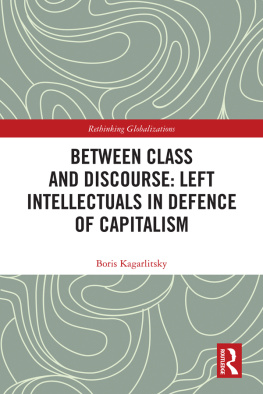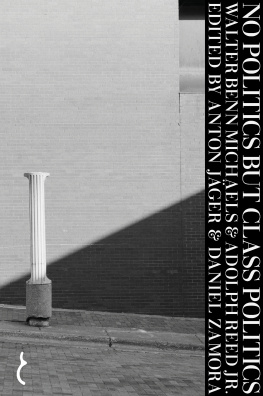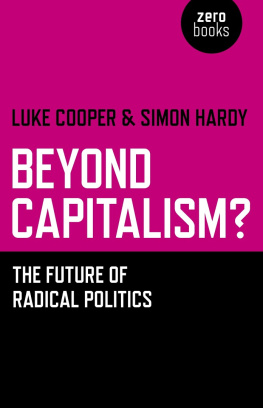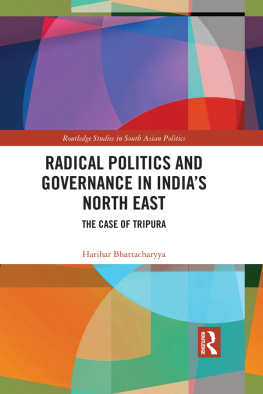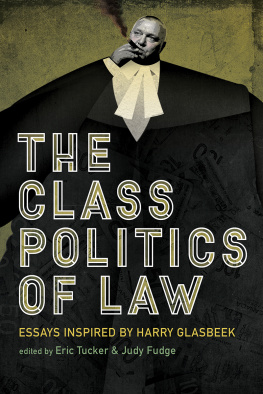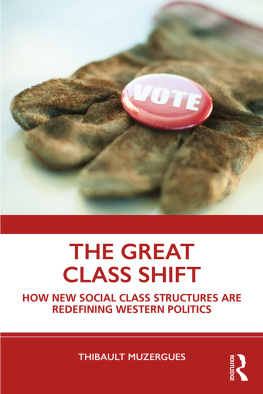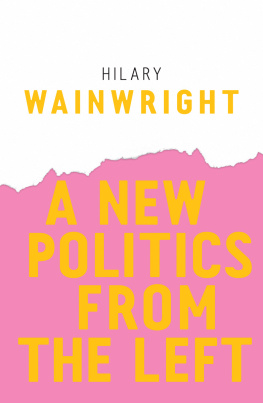Between Class and Discourse: Left Intellectuals in Defence of Capitalism
This provocative book addresses the ideological and political crisis of the Western left, comparing it with the problems facing leftist politics in Russia and other countries.
The author presents a radical critique of the current state of the Western left which puts discourse above class interest and politics of diversity above politics of social change. The trajectory away from class politics towards feminism, minority rights and the coalition of coalitions led to the destruction of the basic strategic pillars of the movement. Some elements of this broad progressive agenda became mainstream, but in fact this made the crisis of the left even deeper and contributed to the disintegration of the lefts identity. The author demonstrates that a simple return to the good old times of classical socialist politics of the industrial age is not possible, suggesting that class politics must be redefined and reinvented through the experience of new radical populism.
This book speaks directly to the way the identity politics/class politics divide has been framed within the English-speaking world. It will be of great interest to scholars and students of political science and political sociology, international relations, security studies and global studies, as well as socialist activists.
Boris Kagarlitsky is Professor at The Moscow School of Social and Economic Sciences (Shaninka), Russia. He is the author of Back in the USSR (2009) and From Empires to Imperialism: The State and the Rise of Bourgeois Civilisation (2014).
Rethinking Globalizations
Edited by Barry K. Gills
University of Helsinki, Finland
Kevin Gray
University of Sussex, UK
This series is designed to break new ground in the literature on globalization and its academic and popular understanding. Rather than perpetuating or simply reacting to the economic understanding of globalization, this series seeks to capture the term and broaden its meaning to encompass a wide range of issues and disciplines and convey a sense of alternative possibilities for the future.
BRICS and MICs: Implications for Global Agrarian Transformation
Edited by Ben Cousins, Saturnino M. Borras Jr., Sergio Sauer and Jingzhong Ye
Migration, Civil Society and Global Governance
Edited by Carl-Ulrik Schierup, Branka Likic-Brboric, Ral Delgado Wise and Glay Toksz
Authoritarian Neoliberalism
Philosophies, Practices, Contestations
Edited by Ian Bruff and Cemal Burak Tansel
The Redesign of the Global Financial Architecture
State Authority, New Risks and Dynamics
Stuart P. M. Mackintosh
Challenging Inequality in South Africa
Transitional Compasses
Edited by Michelle Williams and Vishwas Satgar
Between Class and Discourse: Left Intellectuals in Defence of Capitalism
Boris Kagarlitsky
For more information about this series, please visit: www.routledge.com/Rethinking-Globalizations/book-series/RG
First published in English 2021
by Routledge
2 Park Square, Milton Park, Abingdon, Oxon OX14 4RN
and by Routledge
52 Vanderbilt Avenue, New York, NY 10017
Routledge is an imprint of the Taylor & Francis Group, an informa business
2021 Boris Kagarlitsky
The right of Boris Kagarlitsky to be identified as author of this work has been asserted by him in accordance with sections 77 and 78 of the Copyright, Designs and Patents Act 1988.
All rights reserved. No part of this book may be reprinted or reproduced or utilised in any form or by any electronic, mechanical, or other means, now known or hereafter invented, including photocopying and recording, or in any information storage or retrieval system, without permission in writing from the publishers.
Trademark notice: Product or corporate names may be trademarks or registered trademarks, and are used only for identification and explanation without intent to infringe.
Published in Russian by HSE Publishing House 2018
British Library Cataloguing-in-Publication Data
A catalogue record for this book is available from the British Library
Library of Congress Cataloging-in-Publication Data
A catalog record for this book has been requested
ISBN: 978-0-367-47808-7 (hbk)
ISBN: 978-1-003-03658-6 (ebk)
Typeset in Times New Roman
by Apex CoVantage, LLC
In the final months of 2007, a series of financial crises destabilised the economy of the United States. After Lehman Brothers, one of the five largest American banks, had tipped into bankruptcy, a panic similar to the one in 1929 that had marked the beginning of the Great Depression broke out in the stock markets. As was to be expected, the recession in the US called forth analogous calamities around the globe. In 2008 a slump in production gripped the main expanses of the world economy, with the exceptions only of China and of a few East Asian countries in which growth continued as if from inertia. Initially, it appeared as though the scenario of the Great Depression was being repeated. By the summer of 2009, however, the situation in the markets had stabilised. This had been achieved through active state intervention; the government and Federal Reserve System in the US had provided the banks with trillions of dollars to meet their current commitments and to prevent further bankruptcies. While still declaring their faith in the principles of private enterprise and the free market, the governments of leading countries deliberately resorted to nationalisation. China set in motion an unprecedented program of building infrastructure and new cities. No one travelled along the roads that had been constructed under this program, and no one lived in the cities that had been built in order to take advantage of the funds that were being handed out. Nevertheless, desperate measures such as these made it possible to increase global demand. Since the precipitate decline had ended by 2010, and the world and US economies had begun to record growth, even if this was exceedingly weak, the experts and politicians made haste to declare that the crisis was over. The calamities that had transpired were dubbed the Great Recession, letting it be understood that however dramatic the events involved, they were short term and in essence did not extend outside the framework of the standard market cycle.
Meanwhile, the crisis was still far from having run its course.
The Moldavian historian and political figure Mark Tkachuk wrote in 2015 that although the events of the preceding years had totally discredited the dominant paradigms of liberal-bourgeois thought, paradigms that earlier had appeared obvious and unshakeable, there was no basis for speaking of the triumph of any new ideology or paradigm of development:
We are now witnessing the sole possible, completely predictable reaction to this historic challenge. This reaction is revealing itself in the form of conservative quests for a bygone greatness, in attempts by people to shut themselves off, to isolate themselves, to hide from reality, to find refuge in a contrived reconstruction of things that have never existed of radical Islam, of Orthodox fundamentalism, of a common European mentality, of an eternal conflict between East and West, north and South.
Although all the predictions and warnings issued by critics of the neoliberal economic order have been confirmed with exceptional accuracy, Tkachuk notes,

